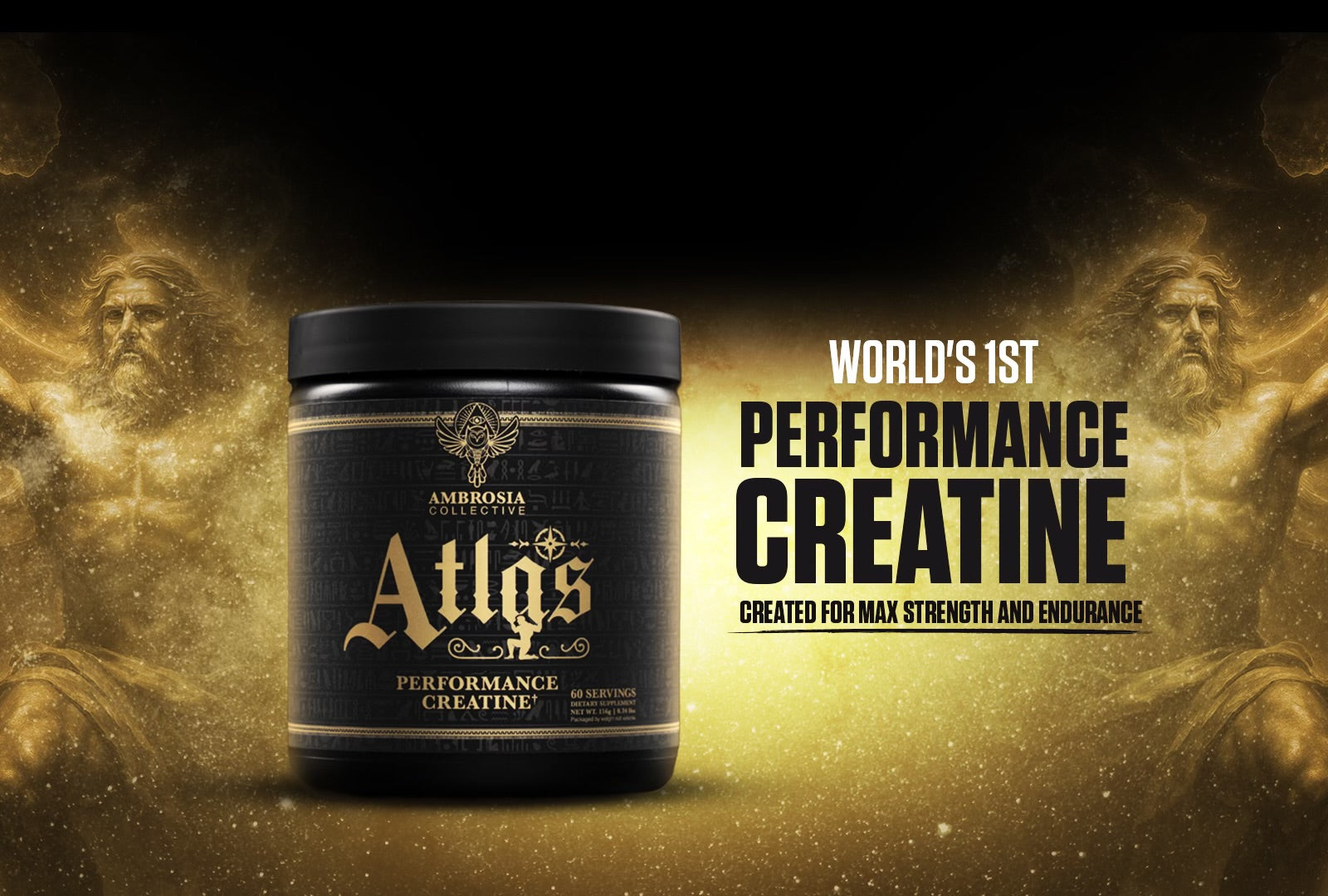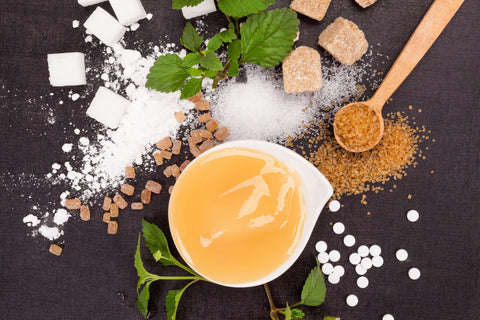
Protein is arguably the most essential of all macronutrients. Made up of amino acids that are considered the building blocks of muscle growth and hypertrophy—protein plays a key role in the maintenance and creation of all cells in our bodies.
Many people are aware of the importance of protein when it comes to muscle growth and recovery, but it also provides a number of other benefits many are unaware of. As such, protein plays a key role in various health processes helping to fuel and power our bodies.
Let’s take a look at what protein is and why it's critical for nearly every component of overall health and well-being.

What is Protein?
Protein is an essential macronutrient found throughout the body in nearly every living tissue including muscles, bones, skin, hair, and more. In fact, each person is made up of nearly 10,000 different proteins that fuel chemical reactions within the body.
Each protein consists of twenty-one building blocks also known as amino acids. While some of these amino acids are created by the body, nine of them must be obtained by eating various types of foods.
Amino acids are attached to one another in long chain sequences combined to form complete proteins. The body breaks down these chains of proteins into individual amino acids that carry out a variety of functions ranging from metabolic functions to muscle recovery. They also help to process signals and information while carrying out various other cellular functions.

What are the Health Benefits of Protein?
While many argue about the health effects of fats and carbohydrates—few people question the importance of protein. In fact, numerous studies have pointed to the efficacy of high-protein diets when it comes to weight loss and overall health.
Protein can provide a number of benefits to improving health and well-being. Let’s take a look at some of the reasons why protein is so critical to our bodies.
Increasing Muscle Mass and Strength
It’s no secret that bodybuilders and athletes have preached the importance of protein for decades. As the building blocks of our muscles—protein helps to maintain muscle mass while promoting muscle growth during strength training.
For years research has indicated that protein is critical for muscle growth and maintenance. Studies have shown that both muscle mass and strength increase drastically when consuming protein.
Individuals performing resistance training use protein to promote muscle hypertrophy while enhancing strength (1). Research also suggests that supplementation can increase gains in aerobic and anaerobic power.
Other clinical trials have found that protein supplementation can significantly enhance muscle growth and size in healthy adults (2). Although protein is vital for overall muscle mass and strength—there’s also several other health benefits associated with protein consumption.

Other Health Benefits of Protein
Many people are aware of the muscle building effects of protein, but might not know about the other positive health effects of protein consumption.
Some of the benefits of protein include:
- Reduced hunger: studies have shown those dieters consume far fewer calories as protein intake is increased. This is due to the fact that protein reduces production of the hunger hormone ghrelin (3). As a result individuals feel more satiated as protein intake is increased.
- Improved bone health: people with higher protein intakes tend to maintain higher levels of bone mass at an older age (4).
- Increased metabolism: high protein intake has been linked to increased metabolism. Individuals with higher protein consumption often burn 100 more calories each day (5).
- Helps with weight loss: increased protein intake has been shown to help with weight maintenance while reducing weight gain by up to 50% (6).
- Recovery: protein can help repair damaged muscles while simultaneously improving performance and enhancing muscle protein synthesis (7).
Although protein can provide a number of health benefits for individuals, many people still don’t consume enough in their everyday diets. Supplementing is one way individuals can get more protein without having to consume additional food. Let’s take a look at some of the ways you can get more protein into your diet.
How to Get More Protein in Your Diet
Consuming enough protein in a standard diet can be difficult. Unless you enjoy cooking and eating several meals daily—you may struggle to get enough protein.
If you’re lacking enough protein in your diet, supplementation can help. As the best-tasting Vegan friendly plant protein in the world—Ambrosia Planta is perfect for individuals with an active lifestyle or those simply searching for a way to add more protein in their diet. As a Non-GMO, Gluten Free, Soy Free, and 100% Vegan-based product—Planta comes in 14 amazing flavors so you’ll be able to find the flavor that’s right for you.
To learn more about Ambrosia Planta, please visit our website for additional information. Feel free to contact us with any additional questions or feedback.
References:
- https://pubmed.ncbi.nlm.nih.gov/25169440/
- https://bjsm.bmj.com/content/52/6/376
- https://pubmed.ncbi.nlm.nih.gov/16469977/
- https://asbmr.onlinelibrary.wiley.com/doi/full/10.1359/jbmr.2000.15.12.2504
- https://pubmed.ncbi.nlm.nih.gov/11838888/
- https://pubmed.ncbi.nlm.nih.gov/14710168/
- https://www.ncbi.nlm.nih.gov/pmc/articles/PMC5667622/












